Role of Intellectual Property in Entertainment Industry
IIPRD
FEBRUARY 6, 2024
Introduction The media and entertainment industry is a broad and ever-evolving domain that includes several industries, including music, cinema, television, fashion, and more. Copy Right Law in the Entertainment Industry The cornerstone of intellectual property protection in the entertainment sector is copyright law.

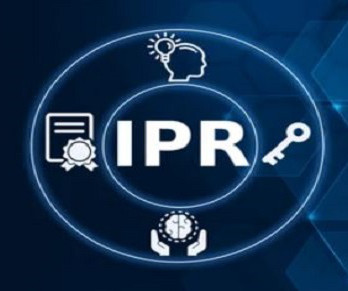

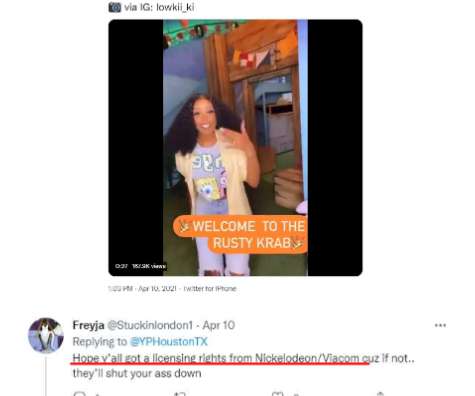


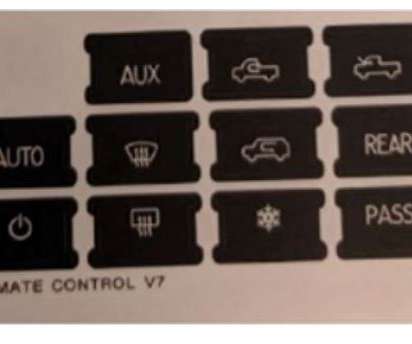
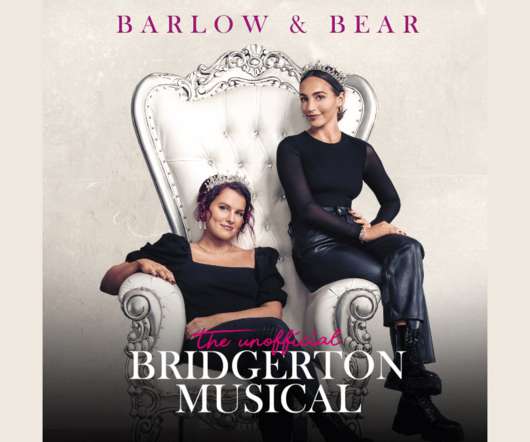

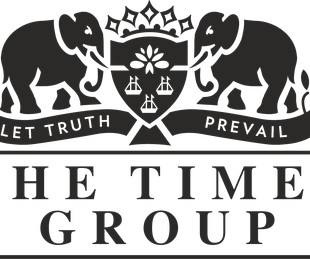






Let's personalize your content